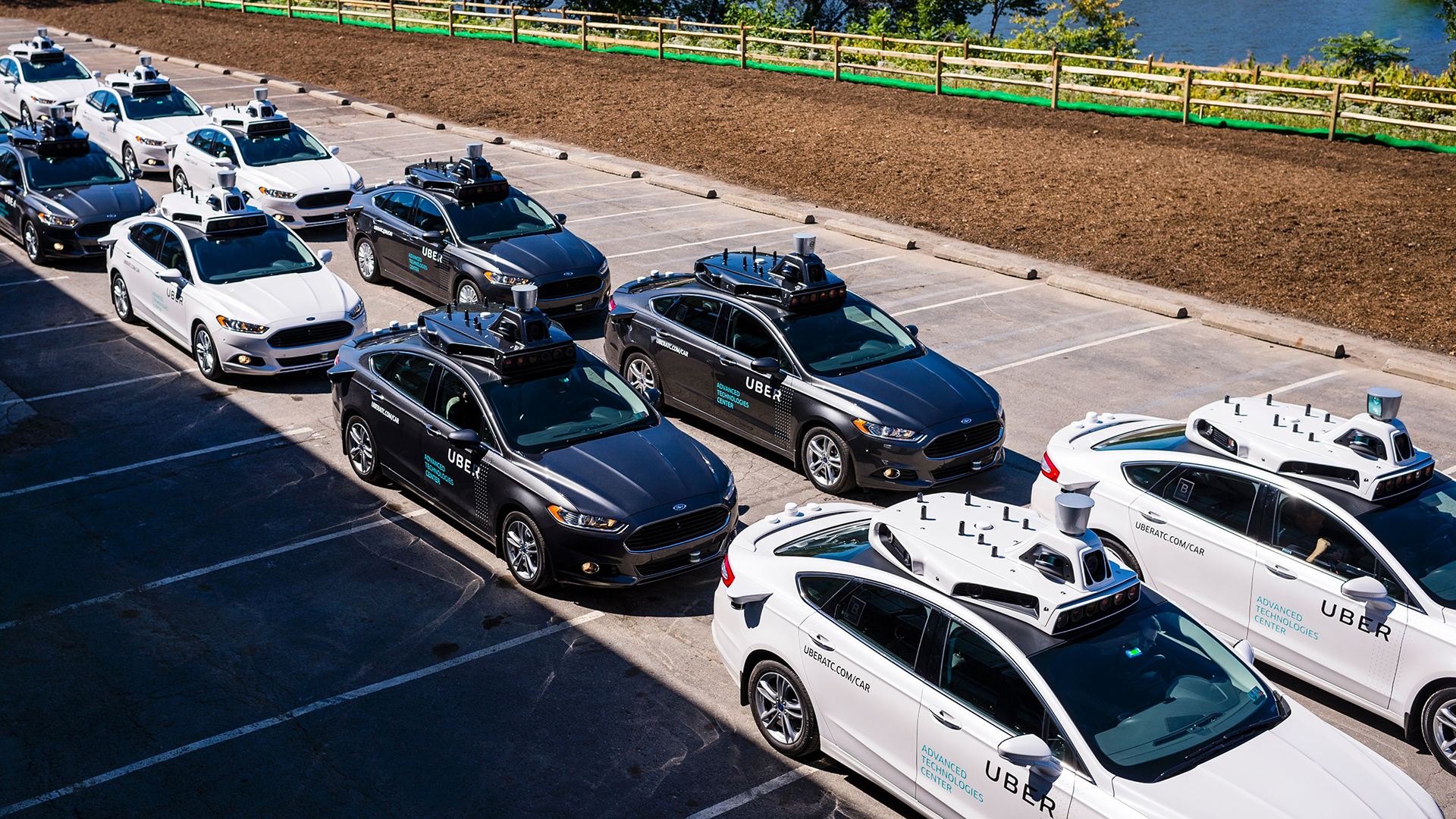

Tens of thousands of people are killed in car crashes every year, but none of those crashes attract nearly as much attention as even the slightest fender bender involving a self-driving car. That attitude needs to change, say RAND Corporation researchers.
We need to accept self-driving cars that crash, Nidhi Kalra and David G. Groves argue in a new report. Getting self-driving cars on the roads quickly is more important than waiting for “perfect” autonomous vehicles that never crash, they say, claiming that waiting could lead to more overall fatalities in the long run.
The researchers examined multiple scenarios. In one, self-driving cars are deployed en masse when they are only 10 percent safer to human drivers. That scenario was compared to possible futures when self-driving cars are only deployed when they are 75 percent to 90 percent safer than human drivers.
It turns out that only being a little safer than human drivers could have major safety benefits. Researchers found that deploying self-driving cars when they are only 10 percent safer than human drivers could save as many as half a million lives in the long term. In nearly all circumstances, deploying self-driving cars sooner rather than later will save more lives, they predict.
However, Kalra and Groves acknowledge that deploying self-driving cars when they are only a bit safer than the average human driver “may be too permissive given social expectations about the safety of robots, machines, and other automated systems.” They suggest a “middle ground” between rushing to get self-driving cars on the road as soon as they are ready, and waiting until the margin of safety to increase to what they view as an unnecessarily high level. But waiting for self-driving cars to become “perfect” will lead to more traffic deaths overall, they argue.